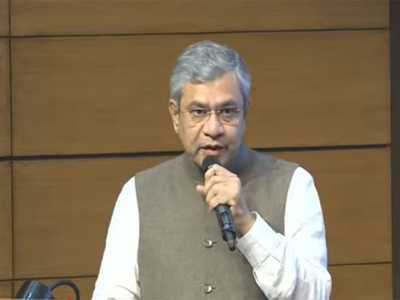Casual weekend drinking has long been viewed as harmless, but new insights from neurologists suggest that even occasional heavy intake can trigger serious and unexpected health consequences. A recent post by Dr. Sudhir Kumar, senior neurologist at Apollo Hospitals in Hyderabad, highlights how excessive alcohol consumption is increasingly linked to brain bleeds, impaired clotting and early-onset stroke risks.
His comments were shared while referencing an article by Happiest Health prepared by Swathy R. Iyer, which reported findings from a US study on alcohol-related brain hemorrhages.
According to the study cited in the Happiest Health report, doctors are now seeing severe brain hemorrhages in heavy drinkers at a much younger age than expected. Dr. Kumar noted that the research shows not only a drop in the average age of patients suffering such bleeds but also a concerning rise in the volume of these hemorrhages. He pointed out that uncontrolled high blood pressure remains the most common trigger for these events, and alcohol contributes significantly by destabilising blood pressure levels.
The neurologist also discussed how the acute effects of drinking impair attention, judgement and focus, increasing the chance of accidents and injuries. Over time, prolonged heavy drinking can cause the brain to shrink and lead to cognitive decline. These long-term effects add another layer of risk for younger individuals who may underestimate the impact of periodic binge drinking.
Dr. Kumar also outlined how strokes related to alcohol fall under two major categories. Ischemic strokes occur when blood supply is blocked due to a clot, while hemorrhagic strokes involve the rupture of a blood vessel in the brain, comparable to a pipe bursting. Heavy drinking elevates the risk of both forms, with hemorrhagic strokes being particularly associated with platelet dysfunction and unstable blood pressure — both linked to alcohol misuse.
His comments were shared while referencing an article by Happiest Health prepared by Swathy R. Iyer, which reported findings from a US study on alcohol-related brain hemorrhages.
According to the study cited in the Happiest Health report, doctors are now seeing severe brain hemorrhages in heavy drinkers at a much younger age than expected. Dr. Kumar noted that the research shows not only a drop in the average age of patients suffering such bleeds but also a concerning rise in the volume of these hemorrhages. He pointed out that uncontrolled high blood pressure remains the most common trigger for these events, and alcohol contributes significantly by destabilising blood pressure levels.
How Alcohol Weakens the Body’s Defence Against Bleeding
Dr. Kumar explained that alcohol disrupts the normal functioning of platelets — the cells responsible for stopping bleeding. When platelet activity is weakened, the body cannot effectively control internal bleeding. He also emphasised that heavy intake interferes with the broader clotting mechanism, making it harder for the body to prevent or limit hemorrhages. In his words, alcohol does not support the health of any organ, and he stressed that the genuinely safe amount of alcohol is effectively zero.The neurologist also discussed how the acute effects of drinking impair attention, judgement and focus, increasing the chance of accidents and injuries. Over time, prolonged heavy drinking can cause the brain to shrink and lead to cognitive decline. These long-term effects add another layer of risk for younger individuals who may underestimate the impact of periodic binge drinking.
Dr. Kumar also outlined how strokes related to alcohol fall under two major categories. Ischemic strokes occur when blood supply is blocked due to a clot, while hemorrhagic strokes involve the rupture of a blood vessel in the brain, comparable to a pipe bursting. Heavy drinking elevates the risk of both forms, with hemorrhagic strokes being particularly associated with platelet dysfunction and unstable blood pressure — both linked to alcohol misuse.
So, What Is the Safe Limit?
While many people look for a recommended limit to guide responsible drinking, Dr. Kumar made it clear that from a neurological and overall health standpoint, the safest limit is none. His assessment aligns with growing scientific research suggesting that any level of alcohol poses some degree of health risk, and heavier patterns — even if confined to weekends — can accelerate severe outcomes.( Originally published on Nov 18, 2025 )





